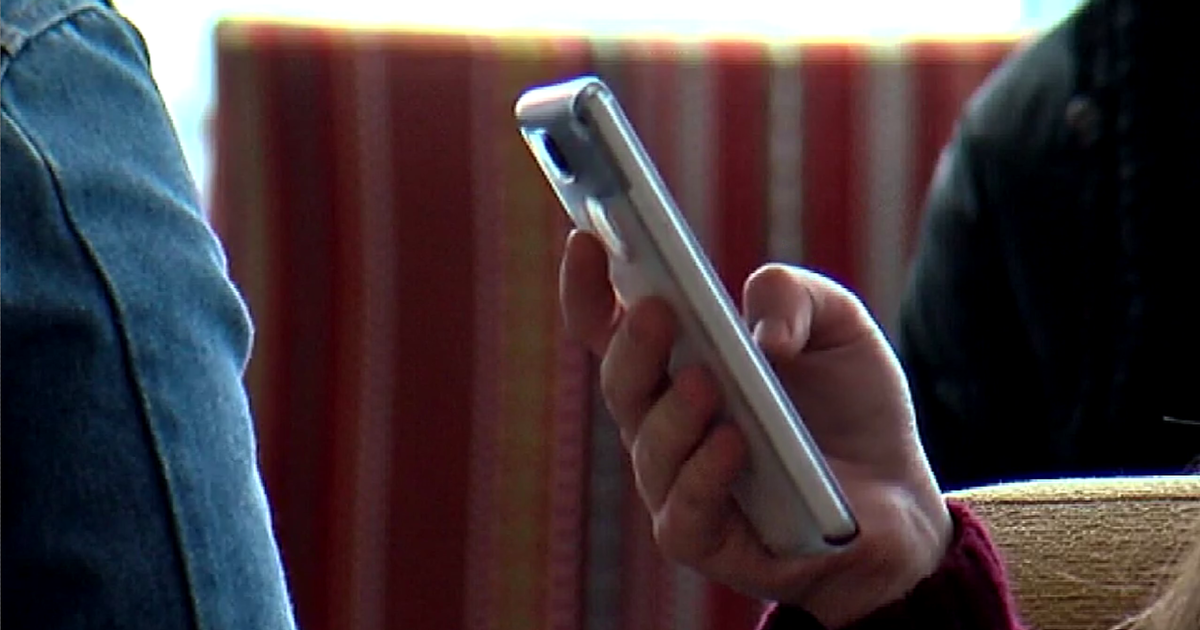Shhh: Is It Possible To Keep Your Home Private Today?
We live in a know-all, tell-all world, with TMI lifestyles being the rule of thumb rather than the anomaly. While some people are more private than others, it’s literally impossible to carve out an existence completely off the information grid, no matter what your personal choice may be. Once upon a time, only those with paranoid delusions lived in fear of being watched. Currently, it may be the wisest among us who are most attuned to that fear, both for themselves and their kids. Who's watching you? What are they learning about you? And how can you turn it off?
Tracking the Trackers
Your body is composed of trillions of cells and your online persona, almost as many data points. Just as you slough off cells without realizing it, you also shed information about your data without conscious effort with every key stroke of your computer. Sure, you know your Twitter updates are out there for the world to see, but your cell phone, apps and browsing history are also being recorded and analyzed, telling a story about you and your day-to-day life that corporations, the government and other savory or not-so-savory individuals are seizing upon and utilizing.
Privacy is not a Constitutional right and the laws we expect to protect us have simply not kept up with technological advances. The results can range from annoying to catastrophic. There are, however, some things you can do to track the trackers and at least partially safeguard yours and your family’s privacy.
Black Hats in Suits
“Not all apps are what they seem,” says Domingo Guerra, President and Co-Founder of Appthority, an app-risk management company. “People often opt for free versions of apps they would have to pay for in the Apple Store or Google Play. These are sometimes repackaged with malware or spyware. Even if a trusted logo is included, such as Disney, always check the source of the app. Remember that two million apps are trying to catch your eye and earn your download. Make sure you know where yours is coming from and also make sure your child’s phone is not jailbroken or unlocked” he adds.
It’s not just about apps, however. Nordstrom gained notoriety for tracking its customers' in-store buying habits through their cell phones and Target collected an astonishingly vast treasure trove of data on their customers, in what proved to be a very successful attempt to predict their future pregnancies. Many airports are already housed with facial recognition software and despite the fact that applications for Google Glass are currently on hold, it won’t be long before your photo or your child’s photo may be covertly snapped by anyone, at any time, without your knowledge or consent. In person, online or on the go, you are probably being tracked by multiple entities, 24/7.
It’s literally impossible to turn off the data-collecting machine, but you can stifle some of its choke-hold on your online privacy by installing blocking software, so cookies cannot suck up data from your usage of the web, says Pernille Tranberg, author of “Fake It! Your Guide to Digital Self Defense.” Tranberg also suggests ignoring Facebook’s real name rule and using an alias on social media websites as well as your running apps and tracking gadgets, like fitbit flex. “You can also use alternatives to the many ‘free’ services where you are actually paying with your data,” she says. “Consider using some of the brilliant alternatives out there such as startpage.com or duckduckgo.com,” she suggests.
Black Hats in Sweats
Then there’s plain old common sense and the need to protect more than just your data. You may not want to believe it, but the love of your life today may turn into your revenge-hungry nightmare tomorrow. Thousands of women who thought it could never happen to them have woken up to the nightmare of seeing explicit photos of themselves on websites like revengeporn.com by former boyfriends or even husbands. Adding to this horror is the knowledge that these men did not break the law by doing so.
The photos often include identifying information like names and addresses as well as links to sites such as Facebook. Unless you’re Miley Cyrus, this is more than just an embarrassment, it is also a potentially dangerous situation which puts women on the radar of stalkers and rapists as well as current or future employers and friends.
And then there are those cute baby photos of your little ones in the raw. Show caution before you post these, even on a site you think is private. “Many postcard-making websites and apps are geared towards families but the pictures are not kept private,” says Guerro. “Unlike Instagram where you know the pictures will be made public, on other postcard applications, people’s private pictures often get posted on Amazon web services where they live forever.” What represents love to you may represent sex to someone else.
Don’t post a photo of your baby or child anywhere online unless you would be comfortable having your boss see that same photo of you as a child. And don’t make the mistake of thinking your address is private or that your child’s identity, or whereabouts, can’t be tracked by someone who wishes to do them harm.
We live in a world so comfortable with complete access to private information that we are no longer horrified to hear 911 calls on the news, and gleefully download celebrity photos we know they do not wish us to see. This assault extends to every one of us. Our buying habits, friendships and interests have been laid bare for anyone who wishes to look and has the technology to do so. This is cause for outrage as well as concern. Clearly it’s no longer paranoid to fear we’re being watched or to wonder whose doing the watching. On any given day, at any given time, the answer appears to be just about everybody.
Corey Whelan is a freelance writer in New York. Her work can be found at Examiner.com.



